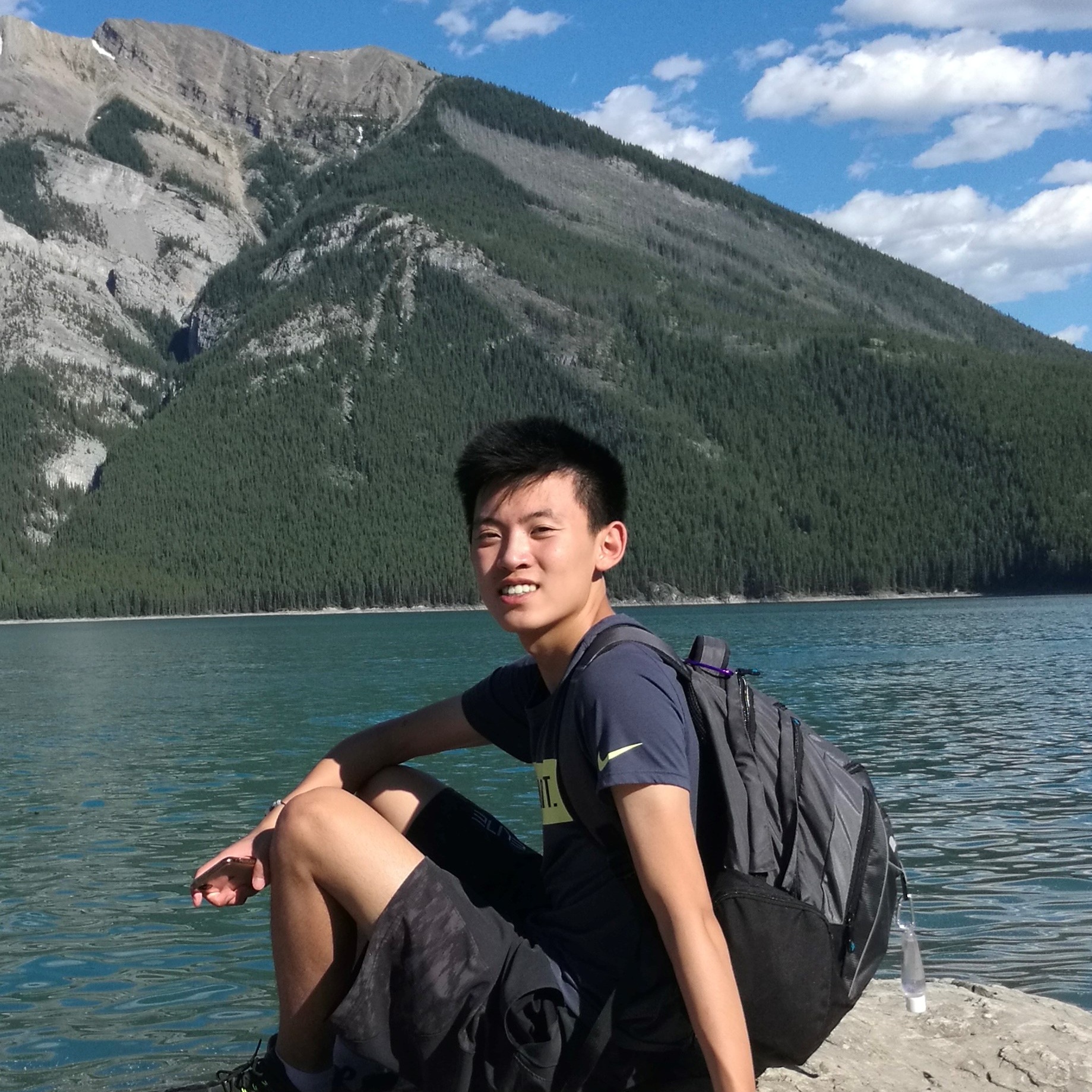HBA Sustainability Certificate
Empowering the next generation of sustainable leaders
My time in Ivey (and Economics before that) has solidified my belief that businesses have a responsibility to advance sustainability. We must work to find solutions that are beneficial for both businesses, society, and the environment, so that we can improve upon the world we inhabit. Outside of class, I’m President of the Western Founders Network and a varsity athlete. In my spare time, I enjoy country and pop-punk music, staying active (canoeing, cycling, hiking, skiing), and exploring the great outdoors; I’ve been lucky enough to swim in glacial lakes in the Rockies and hike the Cape Breton Highlands.
What is your personal definition of sustainability?
To me, environmental sustainability is about stewardship—preserving the abundant resources that we were blessed with, such as clean air, forests, and wildlife, for the generations to come. We were created with the responsibility to maintain and care for the Earth and all its creatures.
Social sustainability means equal access to opportunity and taking care of one another. Everyone should have an equal shot to advance in life, irrespective of their circumstances of birth. Furthermore, we must put people first and ensure that everyone has access to basic necessities and a dignified existence.
What role do you see sustainability playing in your professional career?
I care deeply about doing work that impacts the world positively. We spend roughly a third of our waking hours at work for most of our life, which is a long time to be doing something that doesn’t have an impact. I want to know that my work is not just padding someone’s bottom line, but that it is making the world a better place from some standpoint; environmental, social, or otherwise.
Luckily, it seems like businesses and the private sector are becoming increasingly aware of the fact that their stakeholders want them to act sustainably. This is excellent, as we cannot build a more sustainable future without the private sector—there are limitations to what individual acts can achieve. For example, three-quarters of the world’s GHG emissions are produced by a hundred companies. Businesses need knowledgeable people to lead this transition, and I would like to be one of them.
I am currently launching a career in strategy consulting, where I hope to advise on sustainability-related projects. Recognizing that my impact might be limited early on, my long-term goal is to work my way to a position that will allow me to lead a company by my values.
What sustainability projects have you been engaged in?
Inside the classroom, I am working with Professor Matthew Sooy to write a public-sector case study that discusses externalities, sustainability accounting, public transportation and urban planning themes in the context of an Accounting class. The case introduces students to the idea that profit is not always the only decision criteria, and that certain actors (i.e., non-profits, government) can proceed with financially unprofitable, but socially profitable (incorporating quantified externalities) projects.
I have also gained exposure to sustainability causes through my extracurriculars. As a former children’s hospital patient, I served as a pediatric health advocate at the McMaster Children’s Hospital in Hamilton, where I supported mental health-related initiatives and assisted with the rollout of COVID-19 vaccination clinics for children with psychosocial barriers. I served a term as a USC Councillor, where I chaired our ASGBV working group and assisted with writing our first-ever environmental sustainability policy paper. As a faculty soph, I had the privilege of supporting first-year students emotionally and academically as they transitioned to university. Finally, as the President of the Western Founders Network, I direct a team that hosts 30+ events each year empowering students of all backgrounds to pursue their desired careers in technology, business, and entrepreneurship.
Eric Xu
